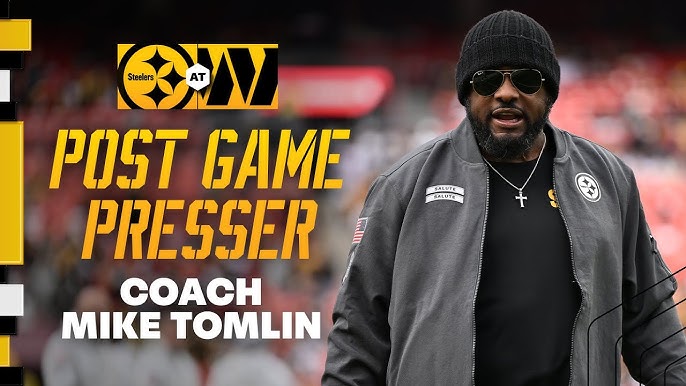Virginia Giuffre and Prince Andrew: A Comprehensive Analysis of the Settlement
Virginia Giuffre’s legal battle against Prince Andrew has captured the attention of the world, uncovering layers of complexity within high-profile legal disputes and issues surrounding power dynamics and accountability. Giuffre, a prominent figure in the Jeffrey Epstein scandal, accused Prince Andrew of sexual assault, sparking a media frenzy and leading to significant legal developments. In this article, we dive into the intricacies of this case, analyzing the implications of the recent settlement and the broader societal conversations it incites.
In February 2022, Prince Andrew reached a settlement with Giuffre, who alleged that in 2001, she was trafficked to the Duke of York by Epstein. This settlement came as a considerable relief to Buckingham Palace, which faced severe public and media scrutiny due to the ongoing allegations against Andrew. The details of the settlement were kept private, but it often highlights the fundamental issues of consent, power, and the complexities involved in cases of sexual abuse.
The Allegations Against Prince Andrew
Virginia Giuffre’s story is a distressing reminder of the vulnerabilities that many young women face in the presence of powerful individuals. Giuffre claims that as a 17-year-old, she was forced into sexual encounters with Prince Andrew in various locations, including Epstein’s New York mansion and a private island in the Caribbean. These allegations not only positioned Andrew as a key figure in the Epstein saga but also painted a broader picture of how abuse can permeate elite society.
Giuffre’s courage in coming forward underscores a pivotal shift in society where victims are increasingly willing to speak out against their abusers. It opens up dialogues regarding the mechanisms in place that protect powerful individuals while silencing victims. Her allegations against Prince Andrew, coupled with Epstein’s tragic story, demonstrate how allegations of sexual abuse must be treated with seriousness and immediacy.
The Settlement: Unpacking the Legal Outcomes
The settlement between Giuffre and Prince Andrew was reached just weeks before the case was set to go to trial, allowing Andrew to avoid a public trial that could have potentially exposed him to more damaging testimonies and evidence. Although the amount of the settlement was undisclosed, it is speculated to be in the millions. This move serves as a complex interplay of legal strategy and media management; it allows Andrew to step back from the negative spotlight while indirectly taking some level of accountability.
The settlement emphasized legal tactics where high-profile individuals may choose monetary compensation to expedite closure rather than undergo a lengthy and damaging court process. This approach reflects not only the nuances of legal negotiations but also raises ethical questions about the efficacy of financial settlements in achieving justice for victims.
Media Response and Public Perception
The media’s response to Giuffre’s allegations and the subsequent settlement has shed light on societal attitudes towards sexual abuse and accountability. While some news outlets have focused on the legal outcome, others have emphasized the need for broader discussions about the implications of Giuffre’s story. Many advocates argue that the settlement could set a precedent regarding how society perceives and treats allegations against powerful figures.
Furthermore, public perceptions of Prince Andrew have notably shifted. Once regarded merely as a member of the royal family, he is now increasingly viewed as a controversial figure whose reputability is forever tainted by the allegations. This public scrutiny signifies a changing landscape where accountability is demanded, regardless of social standing.
The Implications for Society
The Virginia Giuffre case extends beyond the confines of a singular legal battle. It brings to the forefront the issues surrounding consent, power structures, and the long-lasting effects of abuse. The conversation ignited by Giuffre’s bravery contributes to a growing societal awareness about these critical issues, urging a shift towards more supportive systems for victims of abuse.
Moreover, the public’s willingness to engage in discussions regarding sexual violence points towards a growing recognition of its prevalence in society. The Prince Andrew case illustrates how necessary it is for institutions, both public and private, to address these issues proactively, ensuring that victims feel empowered to come forward and seek justice.
Measuring the Impact: Legal and Cultural Reflections
In reflecting on the broader impact of the Giuffre case, we must consider the legal ramifications it entails. It highlights the legal vulnerabilities that individuals may face within the judicial system, particularly when it involves powerful entities capable of mobilizing significant financial resources for litigation. This imbalance within the legal landscape necessitates advocacy for reforms that level the playing field for victims of abuse.
Culturally, the case continues to resonate as conversations about gender, power dynamics, and accountability grow increasingly vital. Andrew’s situation can be seen as part of a broader cultural conversation about the responsibilities associated with privilege and the necessity for accountability. As Giuffre’s case gains traction in ongoing discussions around the #MeToo movement, its importance reinforces the societal need to confront uncomfortable truths.
Looking Ahead
As this case settles (in more ways than one), the impact of Giuffre’s courage remains far-reaching. It serves as a poignant reminder of the complexities inherent in addressing allegations of sexual abuse, particularly when entangled with high-profile individuals. In a landscape where discussions about consent and power are vital, Giuffre’s voice will continue to be a crucial element in educating the public and advocating for systemic change.
In conclusion, the Virginia Giuffre lawsuit against Prince Andrew sheds light on the systemic issues of power and accountability in sexual assault cases. As society continues to evolve, fostering transparency, and support for victims will be essential in pursuing justice and preventing abuse. It is a call to action for lawmakers, institutions, and individuals to prioritize the safety and trust of all, particularly the most vulnerable.
For further insights and details about the legal proceedings, please refer to this The Guardian article.






